Storytelling in The Last of Us: A New Era in Video Games
Oct-18-2024
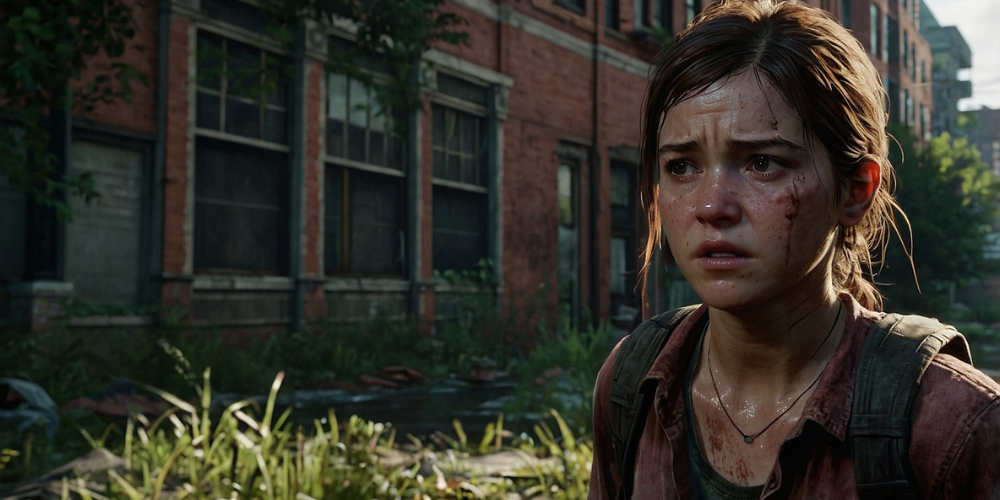
As I embarked on my journey with "The Last of Us," I found myself stepping into a world that felt undeniably real and hauntingly familiar. Having played countless games, I was accustomed to jumping into fantastical realms filled with relics of art and intense battles. Yet, it was the pulse of human emotion in this title that struck a chord deep within me. The storytelling was not just a vehicle for gameplay; it was the heart that pulsed through every action, decision, and shocking twist.
Character-Driven Narrative
Joel and Ellie became more than mere characters; they morphed into companions who shared life’s grittiest moments. As I witnessed their relationship evolve, I was fascinated by how well the game captured the nuances of their bond. Joel’s tough exterior began to unfurl as he slowly revealed his vulnerabilities, allowing me to connect with him on a human level. Ellie's spunky spirit and her innocence played off Joel's hardened outlook, creating a delicate balance of survival against the backdrop of overwhelming despair.
Setting as a Character
The richly detailed world around them felt like a character in its own right. I roamed through deserted cities overtaken by nature, experiencing the remnants of civilization. It was eerie and beautiful, a stark reminder of what was lost. The storytelling wove in an environmental narrative, illustrating the impact of time and tragedy. As I explored old bookstores, crumbling houses, and dilapidated highways, I understood the gravity of the story through every dilapidated structure and every rust-covered car.
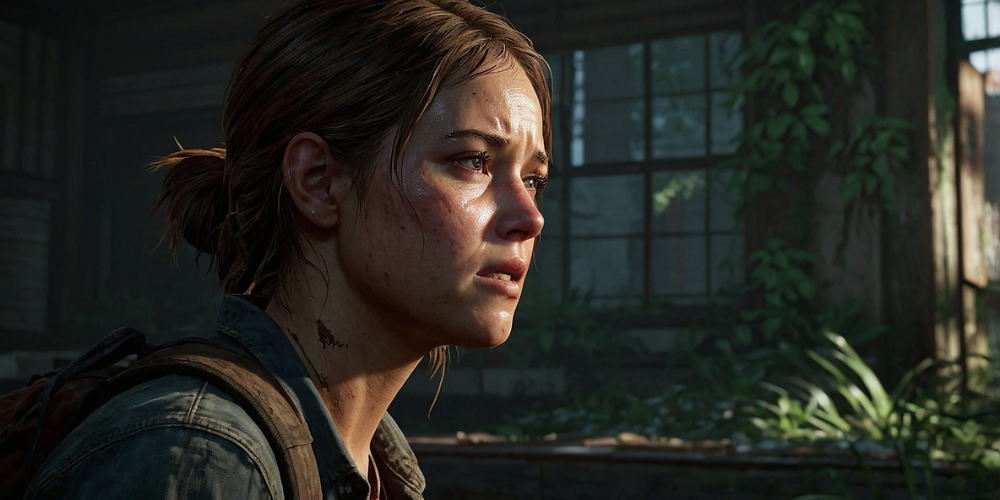
Subtlety in Themes
The themes woven throughout this narrative were profound yet subtle. Love, loss, survival, and morality played out in ways that I couldn’t have imagined. The quiet moments where characters shared their thoughts often left me pondering. Was survival truly worth all the sacrifices? The game presented these dilemmas without grandiose speeches, allowing me to reflect on the moral complexities of each character's decisions.
Interactive Emotional Experience
One aspect I particularly admired was how interactive storytelling engaged me emotionally. My choices affected the narrative, making me feel a certain weight on my shoulders. When characters faced devastating decisions, I often caught my breath, knowing my own choices would ripple through the story. It immersed me fully in the moral fibers between right and wrong, complicating matters in a way that made every choice feel significant.
Relationship Development
As I navigated through obstacles and hordes, the dialogue and interactions between Joel and Ellie revealed layers of their personalities. Their banter lightened the heavy moments, providing relief when despair threatened to overwhelm me. Those snippets of humor amidst chaos exemplified a familial bond that transcended mere companionship – it was love borne out of necessity and even adversity.
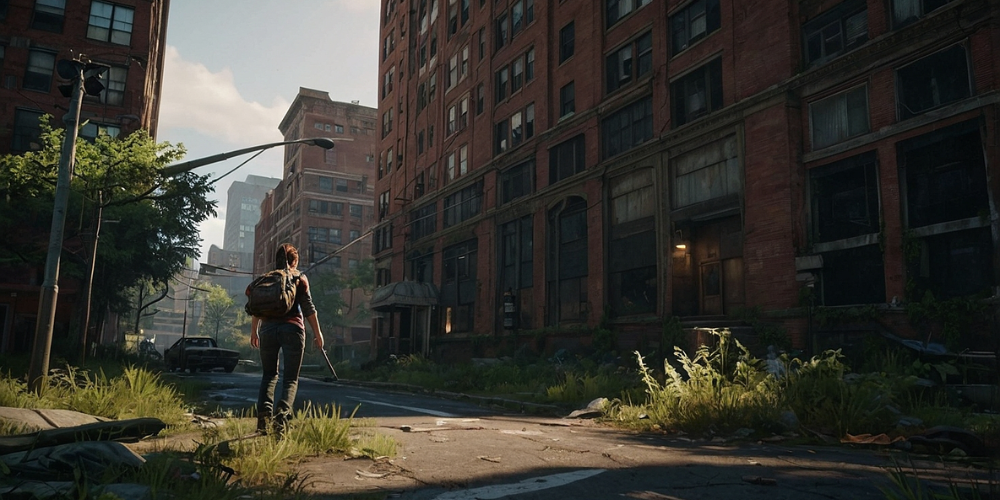
Vulnerability and Strength
Ellie exemplified the transformation of a character from innocence to wisdom. I witnessed her struggle, triumphs, and heartbreak as she confronted the harsh realities of her world. Watching her confront enemies and fear, I felt a sense of pride for her growth. The storytelling made her vulnerability a strength, which resonated profoundly with me as she defied the odds against insurmountable challenges.
Ethical Dilemmas
Faced with ethical quandaries, the game's narrative often blurred the lines between right and wrong. The complexities forced me to grapple with my own morals. Actions that seemed justified were soon clouded by consequences. Each choice demanded introspection, and I was left staring into the moral abyss. It was an awakening of sorts, prompting me to ask what I would have done in similar situations.
Powerful Use of Silence
The absence of dialogue sometimes spoke volumes. In moments of silence, tension mounted, and the absence of sound effectively conveyed despair. I felt the weight of solitude hanging in the air, as if the silence were a character in its own right. Those moments grounded the narrative, forcing me to absorb the surrounding environment and the emotions unfolding within it.
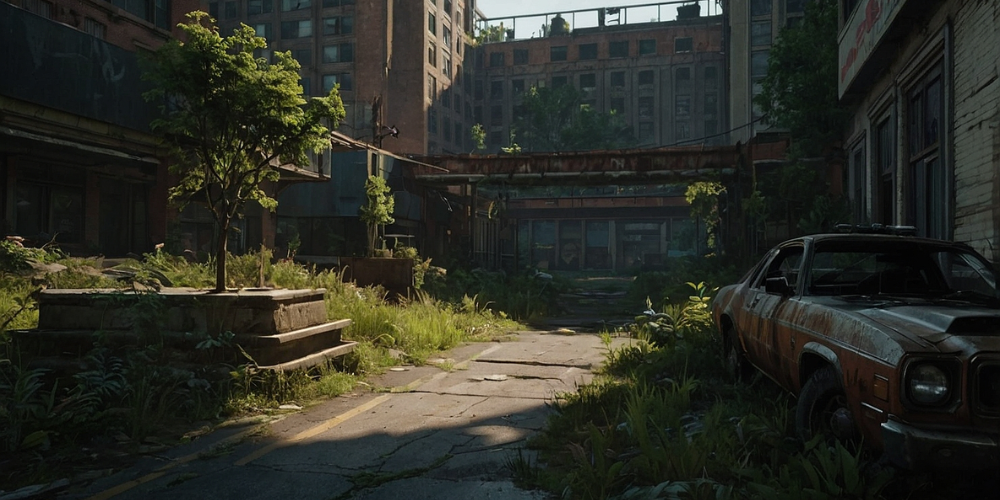
World-Building Through Detail
The intricate world-building played a crucial role in storytelling. Each environment was rich with detail, hinting at the lives that once thrived. I found notes left by faded souls, snippets of their stories revealing personal struggles and enduring love. I was touched by these fragments of humanity, transforming my understanding of the world into a tapestry of human emotion and experience.
Soundtrack as an Emotional Anchor
The haunting score added an emotional layer that resonated with each scene I encountered. It evoked feelings that complemented the story beautifully. The music swelled during moments of tension and faded into serenity during moments of reflection. I often found myself reflecting on the lyrics and composition, feeling as if the music had woven itself into the very fabric of the narrative.
The Impact of Loss
Loss permeated the storyline, shaping every character's development. The poignant moments of grief struck a chord in my heart and reminded me of the fragility of life. Each death reverberated through the narrative, leaving scars that shaped relationships, choices, and motivations. It was a harsh reminder that the world they lived in was unforgiving, where loss was an inescapable reality.
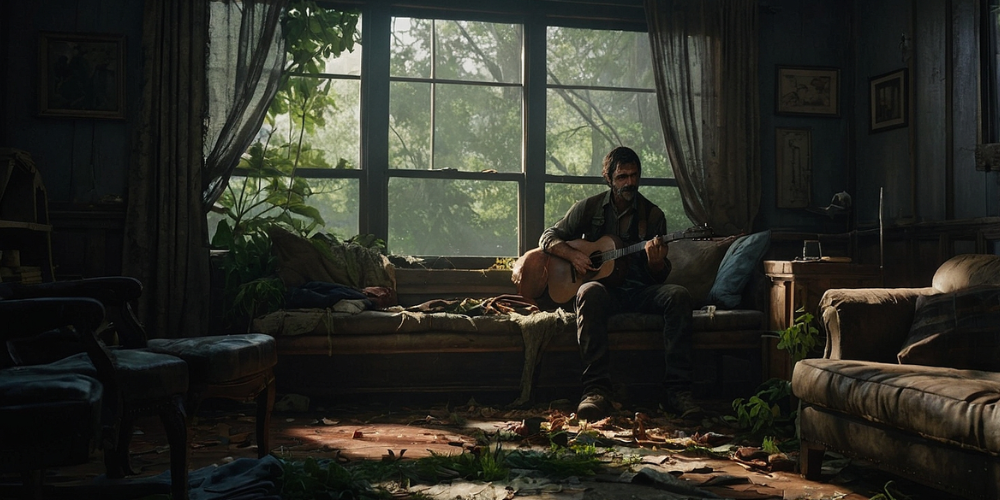
Survival Instincts and Human Nature
As I guided Joel and Ellie through various encounters, I encountered many embodiments of human nature and its primal survival instincts. The game depicted both the beauty and darkness of humanity, showcasing selflessness and cruelty alike. The complex relationships with other survivors illustrated how desperation could lead to compassion, and at times, betrayal.
Symbolism and Imagery
There were layers of symbolism intricately woven into the storytelling that I began to unpack as I played. Emblems of hope and despair appeared consistently throughout, often represented in the environment. The juxtaposition of vibrant wildlife against the decayed remnants of society echoed a narrative that sought to reflect the duality of existence in a world where humanity was fading.
Unforgettable Climax
As I neared the climax of the story, every moment built upon the last, creating an atmosphere heavy with anticipation. The characters faced life-altering decisions, forcing me to confront my loyalty to them. My heart raced with each plot twist, culminating in an ending that defied expectations. It left me questioning all that I had engrossed myself in, forcing my thoughts into an emotional whirlwind that begged for resolution.
Aftermath of the Journey
The journey with "The Last of Us" absolutely changed my comprehension of storytelling within video games. After emerging from the experience, I carried the emotional weight of the narrative with me. It sparked conversations about morality, love, and the very essence of humanity in a harsh world. The depth of the story lingered long after the screen faded to black, reminding me that games can craft narratives that resonate profoundly. I pondered the journey I had taken, the characters I had come to care for, and the haunting questions that would stay with me forever.







